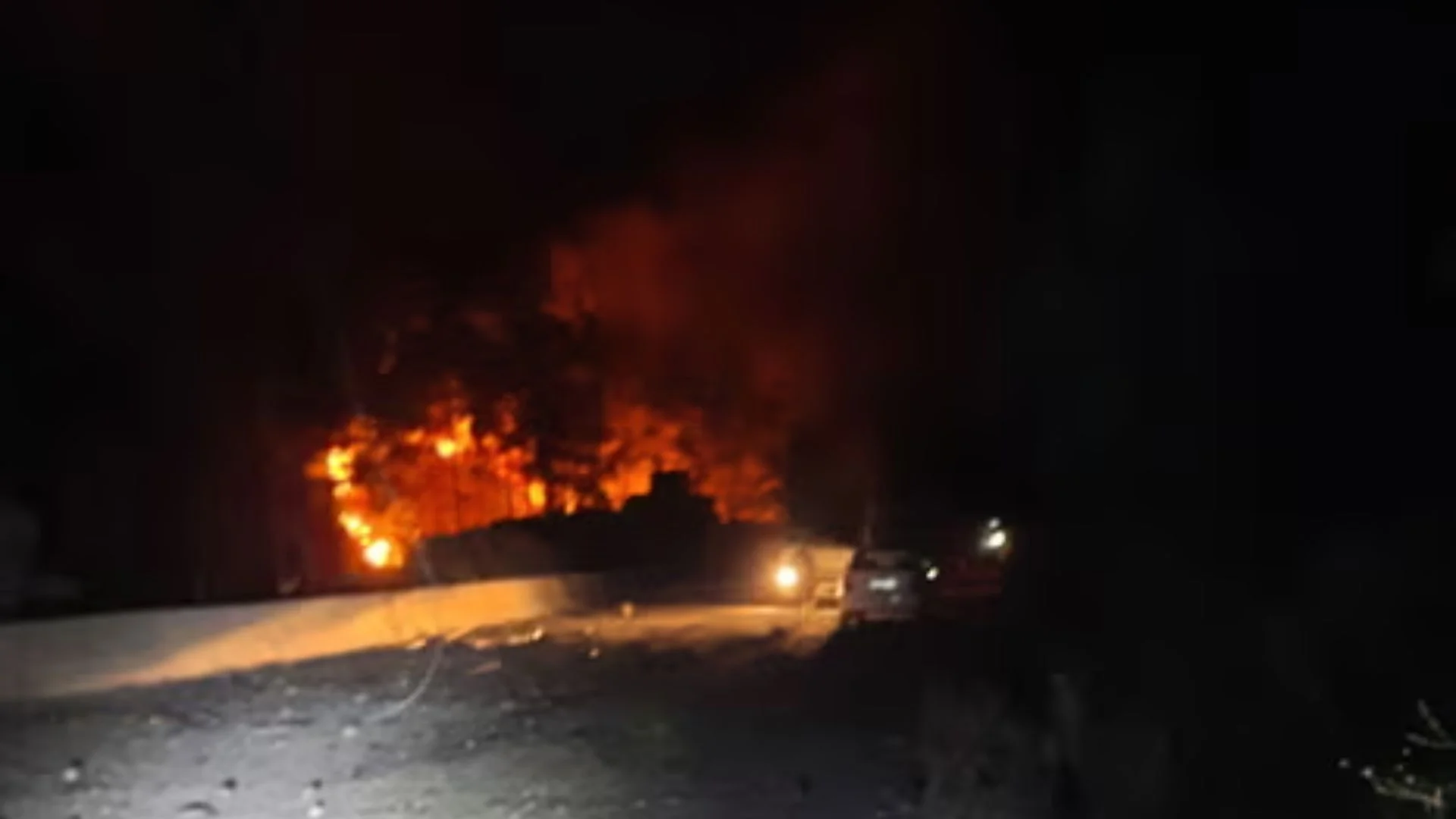In a dramatic escalation of hostilities, intensified Israeli airstrikes have killed seven senior commanders and officials of Hezbollah, including its leader, Hassan Nasrallah. The strikes, carried out over the past week, have significantly weakened Hezbollah’s leadership, heightening tensions across the Middle East and pushing the region closer to a wider war.
Seven Key Hezbollah Figures Killed
The Israeli air campaign has focused on eliminating high-ranking members of Hezbollah, severely impacting the group’s leadership structure. Here are the key figures who lost their lives in the recent strikes:
Hassan Nasrallah
As Hezbollah’s leader since 1992, Nasrallah was a pivotal figure in the organization’s military and political strategy. Under his leadership, Hezbollah not only waged multiple wars against Israel but also extended its influence across the Middle East, particularly through involvement in conflicts like the Syrian civil war. Nasrallah was highly controversial in Lebanon, seen by some as a protector of Lebanese sovereignty and by others as a divisive figure.
Nabil Kaouk
Nabil Kaouk, deputy head of Hezbollah’s central council, was a veteran military commander with deep ties to Hezbollah’s early days. Joining the group in the 1980s, Kaouk was instrumental in Hezbollah’s operations in southern Lebanon. His death in a recent Israeli airstrike is a significant blow to Hezbollah’s military structure.
Ibrahim Akil
One of Hezbollah’s top military commanders, Akil headed the elite Radwan forces, the group’s most formidable combat unit. Akil had a long history of involvement in Hezbollah’s military actions, including the infamous 1983 bombing of the US embassy in Beirut. He was on the US wanted list for decades.
Ahmad Wehbe
Wehbe, a key figure in Hezbollah’s Radwan forces, was killed alongside Akil in a strike in Beirut. Known for his role in enhancing Hezbollah’s military capabilities, Wehbe’s death marks a major loss for the group’s fighting strength.
Ali Karaki
Karaki was a leader of Hezbollah’s southern front, playing a critical role in the group’s operations against Israel. His expertise in military strategy has been vital to Hezbollah’s ongoing conflict with the Israeli Defense Forces (IDF).
Mohammad Surour
As the head of Hezbollah’s drone unit, Surour led the group’s use of unmanned aerial vehicles in attacks against Israel. His death represents a significant setback in Hezbollah’s drone warfare capabilities.
Ibrahim Kobeissi
Kobeissi, commander of Hezbollah’s missile unit, was involved in several high-profile attacks, including the kidnapping and murder of three Israeli soldiers in 2000. His death weakens Hezbollah’s missile strategy and operational capabilities.
Hezbollah’s Leadership After Nasrallah
With the death of Nasrallah, the leadership vacuum within Hezbollah is now filled by Naim Kassem, the group’s second-in-command. Kassem, who has served as Hezbollah’s deputy leader since 1991, is a founding member and a central figure in Hezbollah’s political and military operations.
Hashim Safieddine, head of Hezbollah’s central council and a cousin of Nasrallah, is considered the likely long-term successor. Safieddine has strong ties to Iran, and his familial connection to the late Iranian General Qassem Soleimani further bolsters his position within the group.
Talal Hamieh and Abu Ali Reda, two of Hezbollah’s top military commanders, remain key players but are now considered prime targets of Israeli airstrikes as the conflict continues to intensify.
Middle East Conflict Deepens
The deaths of these senior Hezbollah leaders mark a turning point in the ongoing conflict between Israel and Hezbollah. With both sides entrenched in their positions, the prospect of further escalation seems inevitable. Israel has vowed to continue its operations, with the stated aim of making northern Israel “safe” again and enabling displaced citizens to return to their homes. Meanwhile, Hezbollah’s remaining leadership is preparing for what may be an even fiercer phase of conflict.
As the situation in Lebanon and Israel deteriorates, the broader Middle East braces for the possibility of a full-scale war that could draw in other regional players.







